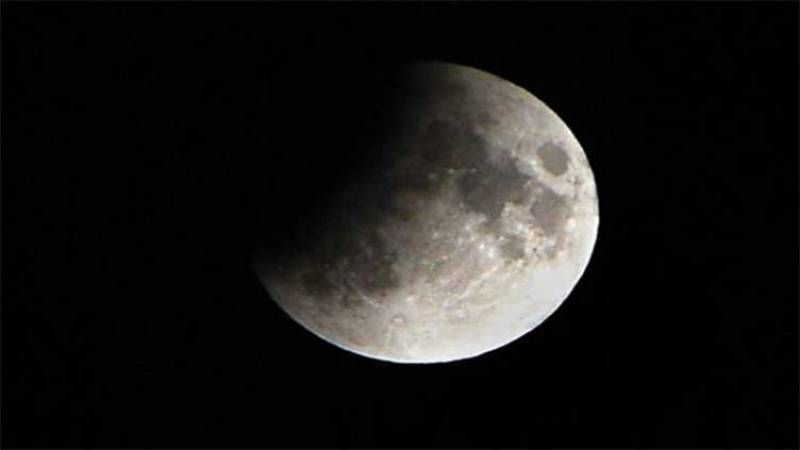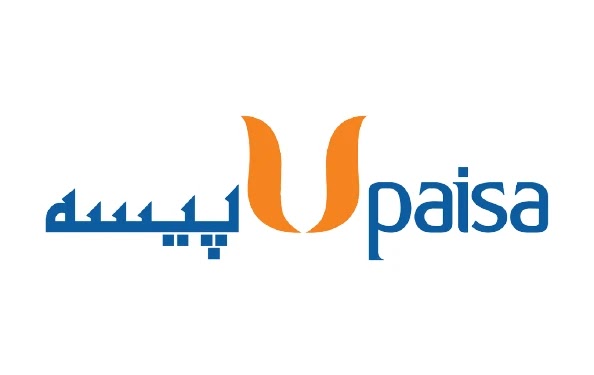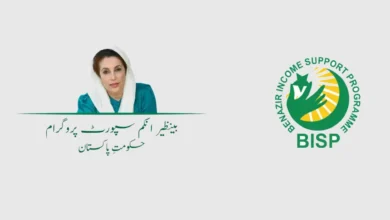
ISLAMABAD – The Pakistani government has recently implemented a significant increase in the tax rates on property transactions, making it more expensive for individuals to buy or sell houses, plots, or flats. This move is expected to have a profound impact on the real estate market and the affordability of housing in the country.
The cumulative tax for non-filer buyers and sellers on property sales has soared to an unprecedented 18.5 percent. This hike came into effect from July 1, with non-filer buyers now required to pay a tax of 10.5% instead of the previous 7% on property purchases. Simultaneously, sellers are now obliged to pay a tax of 6%, up from the earlier rate of 4%.
These taxes also encompass a one percent stamp duty and a one percent town tax based on the property’s value. According to Imran Migrani, the leader of the Property Dealers Association, these changes will significantly affect both buyers and sellers, particularly those who are non-filers.
For filer buyers or sellers, the advance tax has been raised to 3.3% from the previous 2.2%. A transaction between filers will now attract an 8 percent tax payable to the federal and provincial governments. This is in addition to the one percent stamp duty and one percent town tax.
These changes in the tax structure are expected to have a substantial impact on the real estate market in Pakistan. The increased costs associated with buying and selling properties could potentially deter individuals from entering the market, thereby affecting overall demand and supply dynamics.
While the government’s move aims to increase revenue collection, it also underscores the importance of becoming a tax filer to enjoy lower tax rates. However, the potential implications on the real estate sector’s growth and the broader economy remain to be seen.













